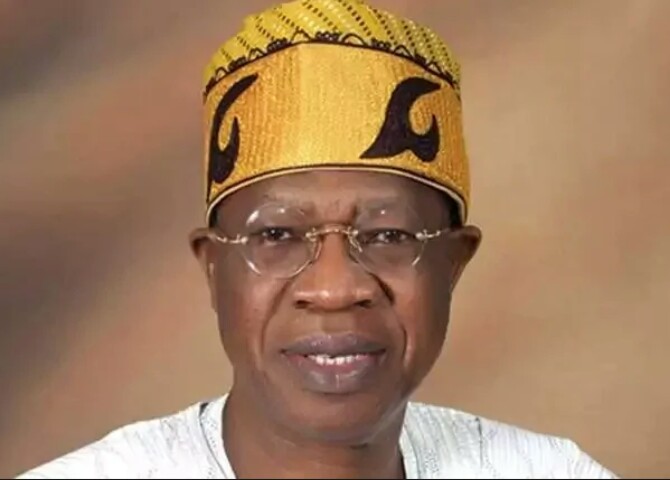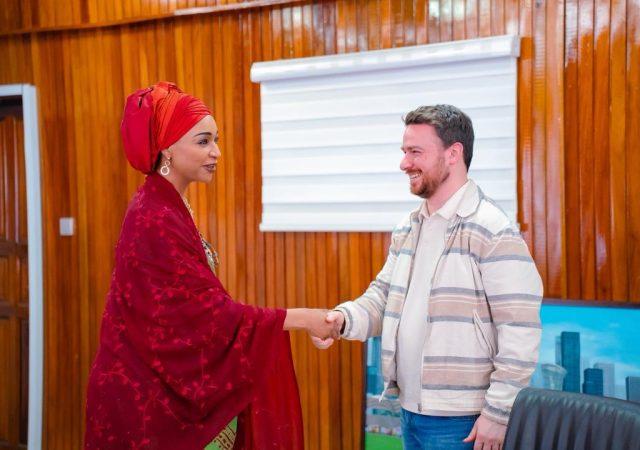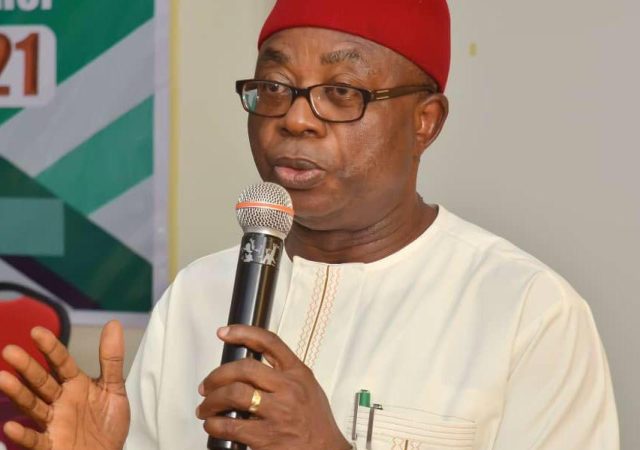
By Kalada Wilson
The attention of the Association of Cable Operators of Nigeria (ACON) has been drawn to an article on Page 25, of ThisDay publication of Saturday 12th October, 2019. Wherein, a full page was taken out by one Nigerian called Ezra Mabadeje, a public Affairs Commentator who wrote from Benin.
In the said article, he made strenuous efforts at calling the Nigerian, National Broadcasting Commission (NBC) Licensed Terrestrial Pay TV operators’ criminals, thieves, pirates and all. And referred to the Nigeria Copyrights Commission as having a dim view of Piracy.
Before we go further, let us avail the reading public, a background of the workings of the sub sector of the broadcasting industry that concerns the pay tv environment.
In the business of Satellite Broadcasting, division is made of the mainly Direct-To-Home satellite services providers and the terrestrial pay-tv service providers who re-broadcast signals from the satellite content acquired. Whereas, the DSTV players cover a wide expanse including countries, the terrestrial pay tv operators are city based in Nigeria. And so, Satellite licence fees are much higher than that of terrestrial fees. The latter group would normally acquire broadcast content from the satellite operators worldwide. So far as you can receive signals of any content from any part of the world, you could approach the owners and do business with them.
In the past, the Association of Cable Operators of Nigeria members have had very cordial relationships with Multichoice/DSTV Nigeria.
Amongst several examples, Multimesh Broadcasting Limited had had mutually beneficial relationship with Multichoice/DSTV way back from 2003-2004 when it acquired licence to transmit Hallmark, Channel O and ESPN through their box and card. They bought from Mnet, content in 2009 valued at $67,457.56. Multimesh Broadcasting Limited in turn sold to African Magic their content “Mary Slessor”, “Queen Amina” and “Amazing Grace” for over $50,000 in 2014.
The story is the same for other operators including Communication Trends Limited who have had very robust relationship with Multichoice/DSTV Nigeria.
The current onslaught and blackmail are nothing but a calculated but failed attempt to scare away competition, perpetuate exclusivity and emerge as the sole Pay TV operator on the continent.
Events took an unsavoury turn when they became uncomfortable with our expansionist programme in Nigeria and perceived a competitive threat, and they resorted to frustrating antics against us to stifle our growth. They not only refused availing the local Pay Tv operators in the lower rung with Content but also deliberately began to warehouse other international Content thus denying Nigeria investors and the vast Nigerian viewing public the right to such entertainment.
Multichoice and its subsidiaries and shadow companies (Details Nigeria, DSTV, Supersports and M-net) are used to warehouse licenses and content rights to the detriment of the generality of the Nigerian Broadcast industry.
In the Pay Tv industry acquisition of content is premised on the practice that those on the Direct Satelite Tv platform are better placed to acquire content and are in turn expected to avail those at the terrestrial platform broadcast rights at a fee to enable viewership of entertainment programmes to a larger audience who are at the lower rung of the financial ladder. Thus, everyone is equitably served.
The Copyright Act prohibits monopoly and so is the Nigerian Competition and Consumer Protection Act 2019 as well as the National Broadcasting Commission code in section 6. it expressly forbids any operator from monopoly of major International sports content like the English Premiership League (EPL).
In the case of Multichoice (a South Africa Company) it bluntly refused to abide by the tenets of the regulations. Even when the Association of Cable Operators (ACON) also made a case for its members on account of what is expressly stated in the broadcasting code, it still did not shift ground.
ACON members leveraging on the provisions of the Copyright Act, decided to go ahead to transmit the EPL content on delay mode and approached the Federal High Court in Lagos to determine the price to pay to Multichoice/DSTV for that. The case is presently in court and invariably the status quo is maintained. Until it is vacated, any action by Multichoice to resort to self-help is considered as contempt of court.
The Cable Tv operators are willing to pay but Multichoice is unwilling to avail them. What do you call that-Monopoly personified or competitive goodwill? This is nothing but a deliberate and calculated act to kill indigenous investors from operating in their father-land.
And so, you can see that the analysis of Ezra Mabadeje on the issues relating to content and acquisition grossly exposed his ignorance of the subject matter. One would have expected that a public commentator worth his salt would take time out to make his findings about the industry and its operations before hastily jumping out to document his folly, unless of course he was paid to do so and if so, he did a poor job of it.
You call your brothers thieves when the court has not said so but happy that a company with monopolistic bent is in Nigeria to cripple businesses of Nigerians and to pander to their sadistic whims.
In other countries monopolies are banned. They have institutions that guard against monopolistic practices. In the United States, they have the Federal Trade Commission (FTC). In Europe, they have the Competition Commission.
Companies can file petition with these organizations if a large company is trying to use their dominant market position to destroy others.
In Nigeria, we are glad that the Consumer Protection Commission has been expanded to take on additional responsibilities that can help ensure
that the playing field is level and no monopoly exist.
The Copyright Laws of Nigeria allows interested parties to show live broadcasts in delayed mode. Where the parties cannot agree on the price, the federal high court can be approached to set the price. We have applied to multichoice for delayed transmission of the sports channels but as usual, they refused. And so, we approached the Federal high court in Lagos to set the price we are supposed to pay for the delayed transmission. The matter is still in court.
Kalada is the General Secretary of Association of Cable Operators of Nigeria









